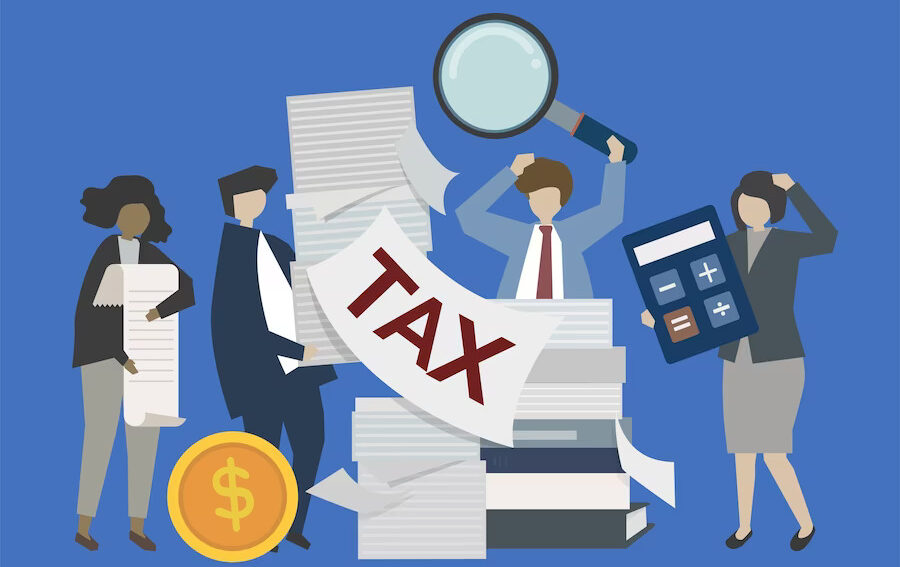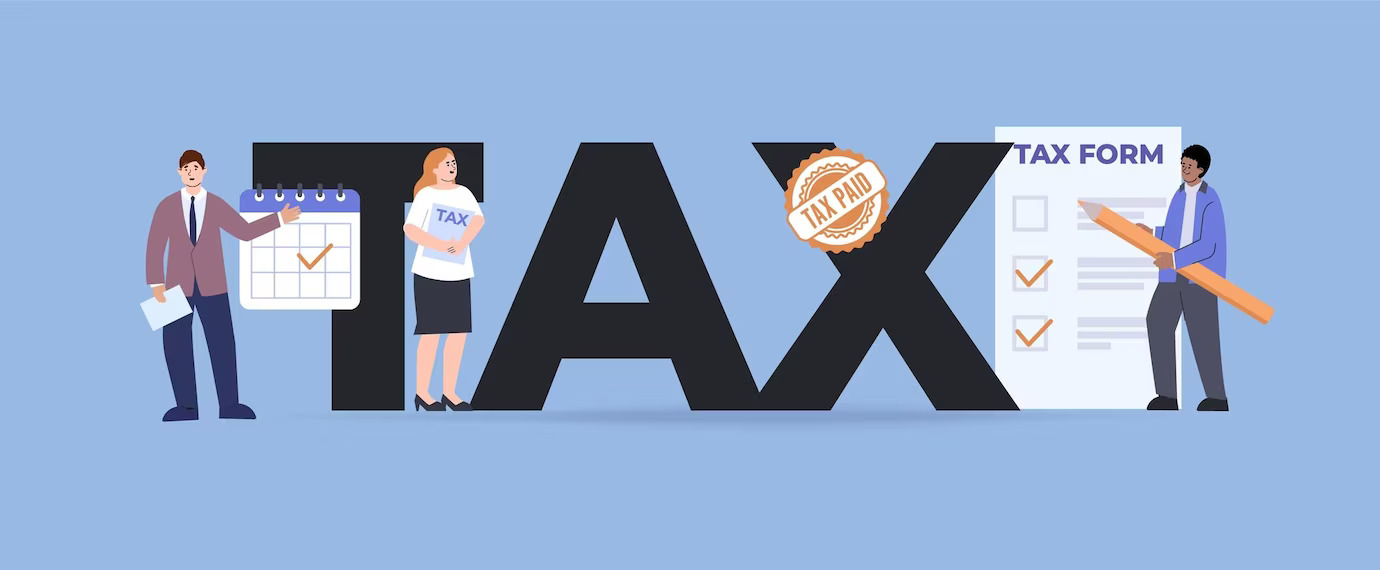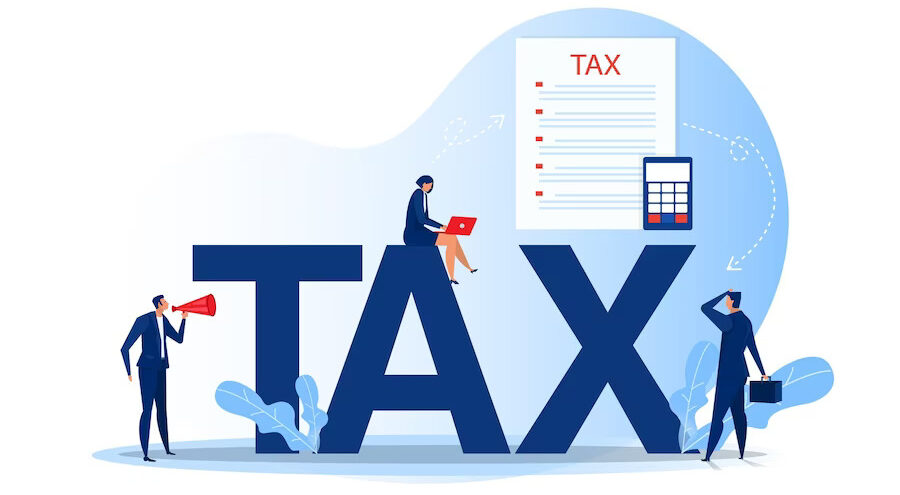The Essential Guide to Tax Deductions for Small Business Owners
- 1 Small business tax deduction
- 2 Strategies for tax mitigation to alleviate margin strain
- 2.1 Strategically upholding accounting and bookkeeping excellence
- 2.2 Efficiently streamlining payroll taxation
- 2.3 Efficiently organizing cash flow with inventory management software
- 2.4 Prudent expense documentation
- 2.5 Meticulous cash flow oversight
- 2.6 Leveraging depreciation for taxation advantage
- 3 Conclusion
Embarking on the journey of small business ownership is a remarkable feat. From steering day-to-day operations to visualizing growth, your dedication knows no bounds. Tax deductions are an essential aspect that can have a big impact on your bottom line amid this volatile market. Understanding the specifics of deductions and knowing how to take advantage of them as the annual tax season draws near can result in significant financial rewards for your business.
Keep reading as we dive into the world of tax deductions tailored specifically for small business enterprises.
Small business tax deduction
When it comes to small business tax deductions, it encompasses a strategic reduction of taxable income under state jurisdiction. Entities with an annual turnover of Rs.50 lakh or less enjoy tax exemptions on their profits and earnings. However, if the revenue surpasses this threshold post deducting operational costs, taxation becomes applicable, depending upon the industry categorization and state residency in India.
In the Indian financial context, two tax categories prevail: direct taxes encompassing personal and corporate income tax, and indirect taxes characterized by the Goods and Services Tax (GST) which apply to acquisition. The transformative GST system, introduced in 2017, supersedes previous indirect taxes like state value-added tax (VAT), excise duty, and customs duty, fostering a uniform national tax structure.
Strategies for tax mitigation to alleviate margin strain
Strategically upholding accounting and bookkeeping excellence
While accounting requires the delicate evaluations, analysis, and classification of a business’s financial data, bookkeeping focuses on the thorough recording of financial transactions. Skillful management of both spheres serves as a potent avenue for tax optimization by adhering to financial guidelines. This constant watchfulness facilitates the identification of potential tax-saving prospects, including eligible deductions, credits, and exemptions, culminating in diminished taxable income.
Furthermore, by assuring compliance with relevant tax rules and regulations, strong accounting methods can optimize tax deductions. Additionally, well-structured and designed accounting software aids in the diligent monitoring of tax liabilities, thus facilitating proactive tax payment planning and preventing penalties. Comprehensive record-keeping improves the business’s preparedness for prospective tax audits, possibly preventing the requirement for further tax payments.
Efficiently streamlining payroll taxation
Payroll tax signifies the amount that employers must withhold from employees’ remuneration, subject to state taxation. As your small business expands, payroll administration assumes a multifaceted yet integral role, capturing employee benefits and levies, thus resulting in precise recording and tracking.
Beyond the administrative impacts, effective payroll administration improves organizational effectiveness and cash flow optimization, which results in a more balanced workforce.
Efficiently organizing cash flow with inventory management software
For fast-track cash flow oversight without any uncertainty, adopting inventory management software turns out to be a wise decision. This technological tool aids in constantly tracking cash outflows, simultaneously optimizing profits by restricting tax liabilities tied to business revenue.
Prudent expense documentation
In adherence to taxation law, diligent record-keeping of various expenses, encompassing travel, employee salaries, and more, yield prospects for deductions. Such expenses can be used as a basis for a deduction, especially if the business’s territory includes multiple locations.
Moreover, if family members are involved in the business and hold employment therein, their remunerations can be classified as business expenses. Such supplementary salary allocations can be offset against total income, thereby minimizing tax liability.
Meticulous cash flow oversight
Vigilant cash flow management necessitates meticulous monitoring of cash transactions. Expenditures exceeding ₹20,000 cannot be subjected to tax deductions, underscoring the significance of circumspect cash disbursements. To maximize tax benefits, adopting digital payment methods rather than cash transactions might lead to improved expenditure control.
Leveraging depreciation for taxation advantage
Effectively harnessing depreciation as a tax-saving mechanism is a means to decrease taxable income, subsequently reducing tax liability.
Upon procuring assets such as machinery, equipment, or vehicles, their value progressively diminishes due to wear and tear, constituting depreciation. Tax regulations permit businesses to deduct this depreciated value from their profits while computing taxable income. This practice results in reduced taxable income, thus translating to reduced tax obligations.
Consequently, prudent depreciation management allows enterprises to navigate tax obligations astutely by recognizing the gradual value cutback of assets.
By the Income Tax Act, deduction claims can be made annually for a portion of asset costs. Additionally, businesses operating in the manufacturing sector can invoke section 35AD to claim additional depreciation on novel equipment or machinery.
Conclusion
By understanding the various deductions available to you, you can maximize your tax savings and keep more money in your pocket. Remember, always maintain organized records, consult with a tax professional if needed, and take full advantage of the deductions that apply to your unique business situation. With the right approach and knowledge, tax season will no longer be a dreaded time but a rewarding opportunity for your small business!



















